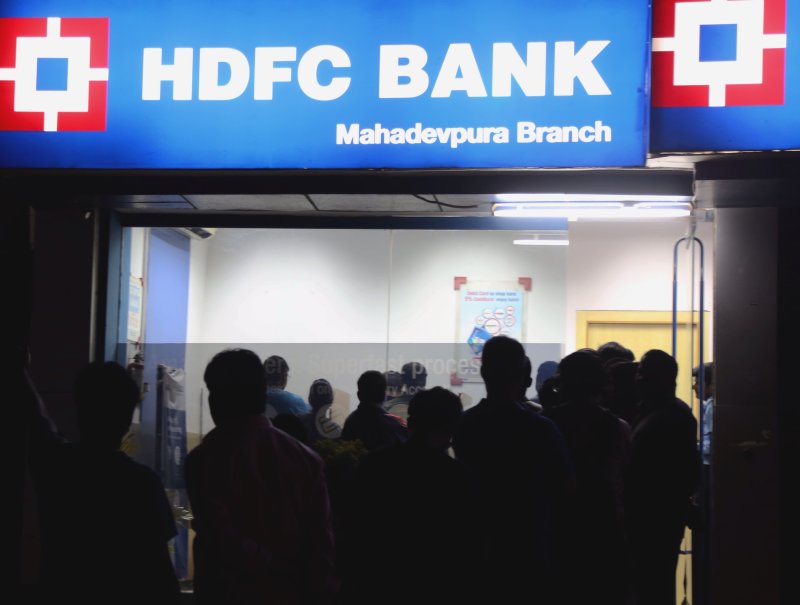NEW DELHI, Nov. 8 (UPI) -- India pulled all of the country's 500 and 1,000 rupee notes out of circulation in a bid to crack down on black market and counterfeit currency, sending worried residents rushing to banks to withdraw cash for the coming days.
Indian Prime Minister Narendra Modi, in an unscheduled announcement to the country late Tuesday, said eliminating the legal tender will aid the country in its fight against corruption and terrorism. India, primarily a cash economy, is using the move to fight back against militants who are suspected of using phony high-value rupees to fund operations.















